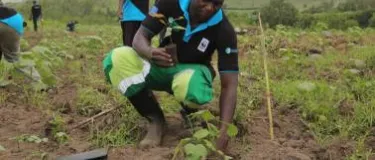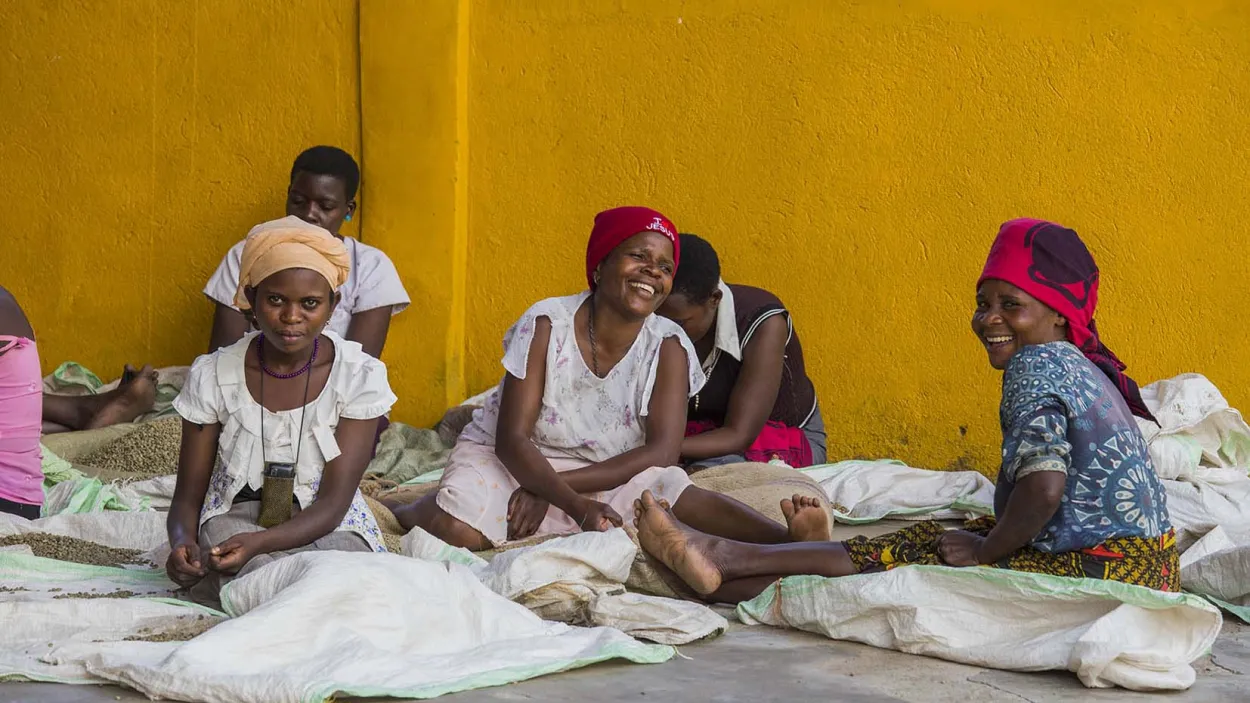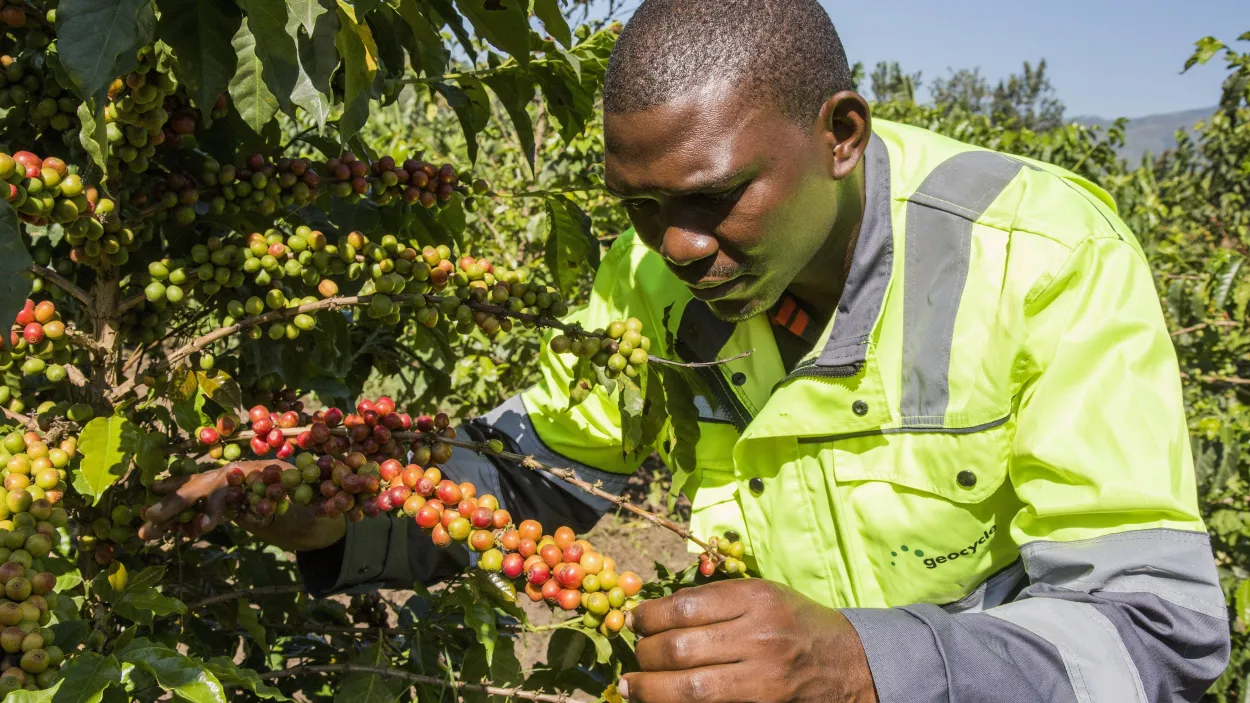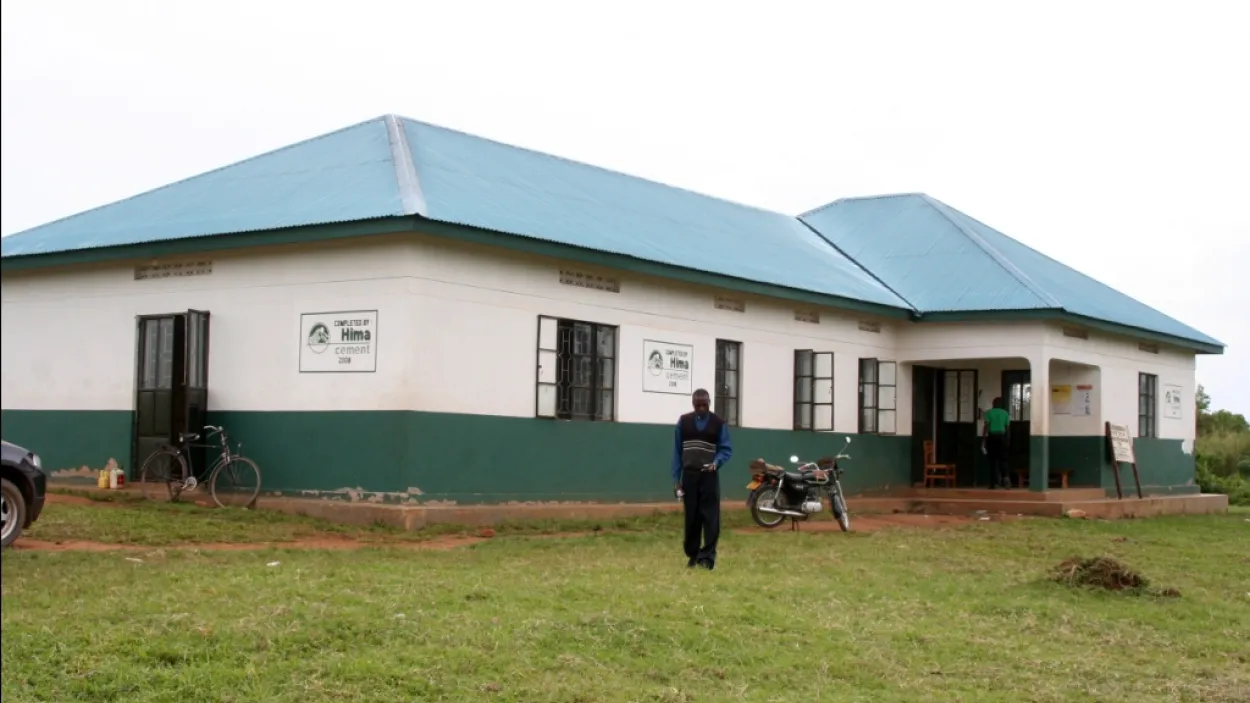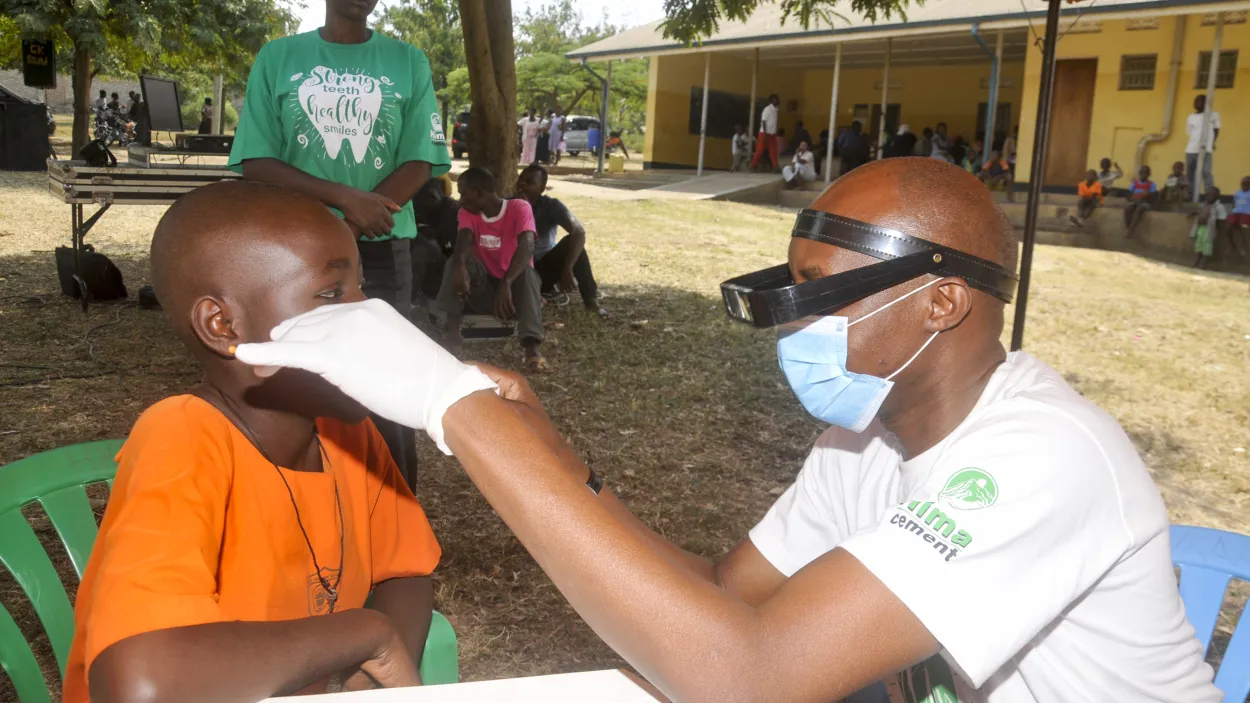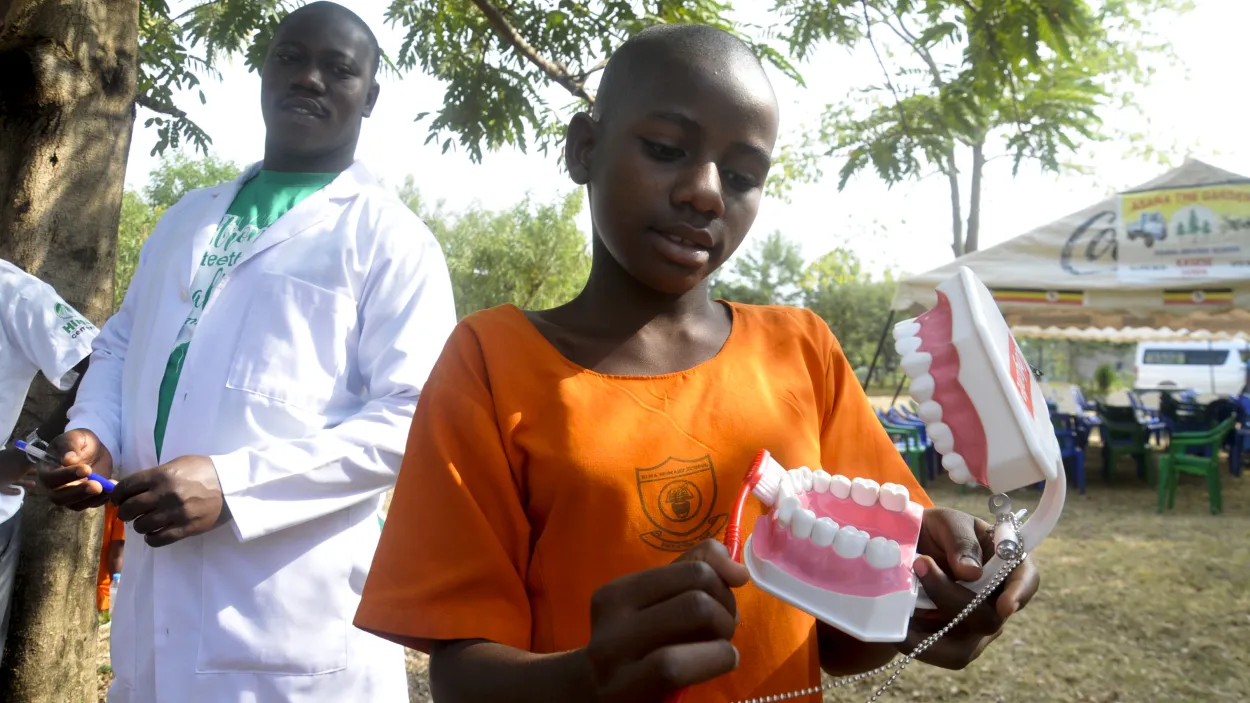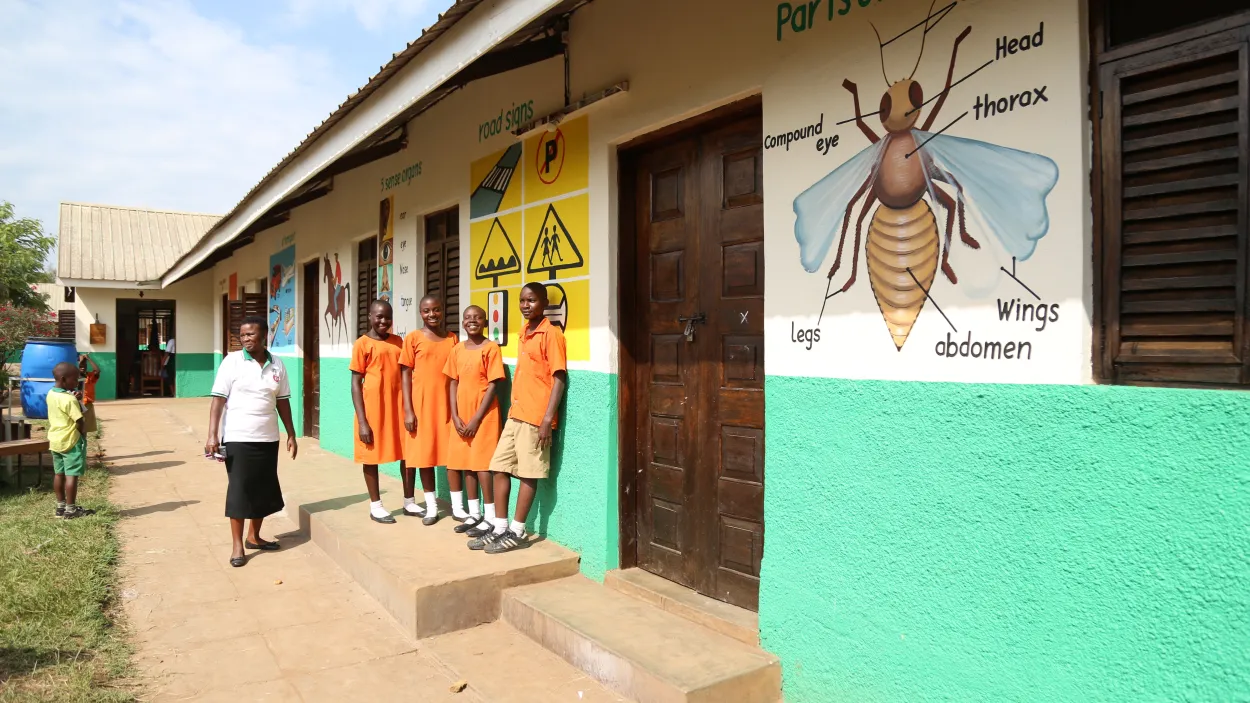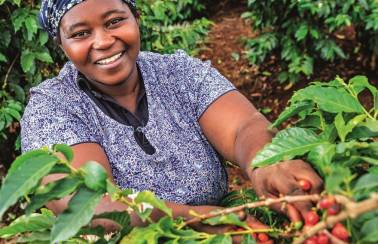Csr initiatives & partnerships
Strategic Social Partnerships |
|
|
To make lasting contributions to society, Hima Cement works closely with local partners and stakeholders to promote environmental, economic and social development in Uganda. We seek to create close ties with the communities we work with and contribute to local economic development, through partnerships with government and non-government organizations in Uganda. |
|
Hima Coffee Development Project |
|
|
Coffee is big business in Uganda, contributing between 20 - 30% of the foreign exchange earnings. Although large scale coffee producers are gradually emerging, the coffee sub-sector is almost entirely dependent on about 500,000 smallholder farmers, 90 percent of whose average farm size ranges from less than 0.5 to 2.5 hectares.
Uganda produces two types of coffee: Robusta and Arabica in the proportions of 80% and 20%, respectively. South Western Uganda is one of the regions where coffee growing is dominant.
In 2011, Hima Cement started the Hima Coffee Development Project to support local coffee producing communities in Kasese and Kamwenge towards poverty alleviation and economic growth while ensuring sustainable access to renewable energy for Hima Plant.
Three local Farmers Associations are involved in the implementation of the project - Bukonzo Joint Cooperative, Micro Finance Society Limited (BJC), Kamwenge District Farmers Organization (KADIFO), Kasese District Farmers Association (KADIFA) - through mobilization of farmers, growing of nursery beds and distribution of seedlings. The Uganda Coffee Development Authority provided certified quality coffee seeds for the project, while local governemtn provided farming extension services and training to farmers. |
|
Sustainable Management of River Mubuku CatchmentIn 2014, Hima Cement and WWF signed an MOU to protect water catchments along river Mubuku basins, provide environmental education awareness, and enhance access to renewable energy technologies and energy conservation and tree planting and maintenance of ecosystem services. Over 130,000 trees were planted with various species of trees planted along the river Mubuku banks include, Pine, Gravellier, Bamboo, Maesopsis, caliandra and Albizia. In 2017, we extended this collaboration with the Payment for Watershed Management Services Scheme in the same catchment of river Mubuku, supporting 204 farmers and covering over 200 hectares to;
|
|
|
Livelihoods Development in Harugongo, Fort PortalHima Cement in partnership with SOS Children’s Villages Fort Portal joined hands to launch a one-year Livelihood Development Project in Harugongo Sub County, Fort Portal on 24th November 2017. The project aims at improving the people's livelihoods through supporting viable Income Generating Activities (IGAs) and Village Savings and Lending Associations (VSLAs) and also has a component of community health care interventions through community health outreach programs.
|

|
- Hima Cement - WWF Partnership to support farmers (pdf, 964.76 KB)
- Hima Coffee Development Project (pdf, 1.97 MB)





